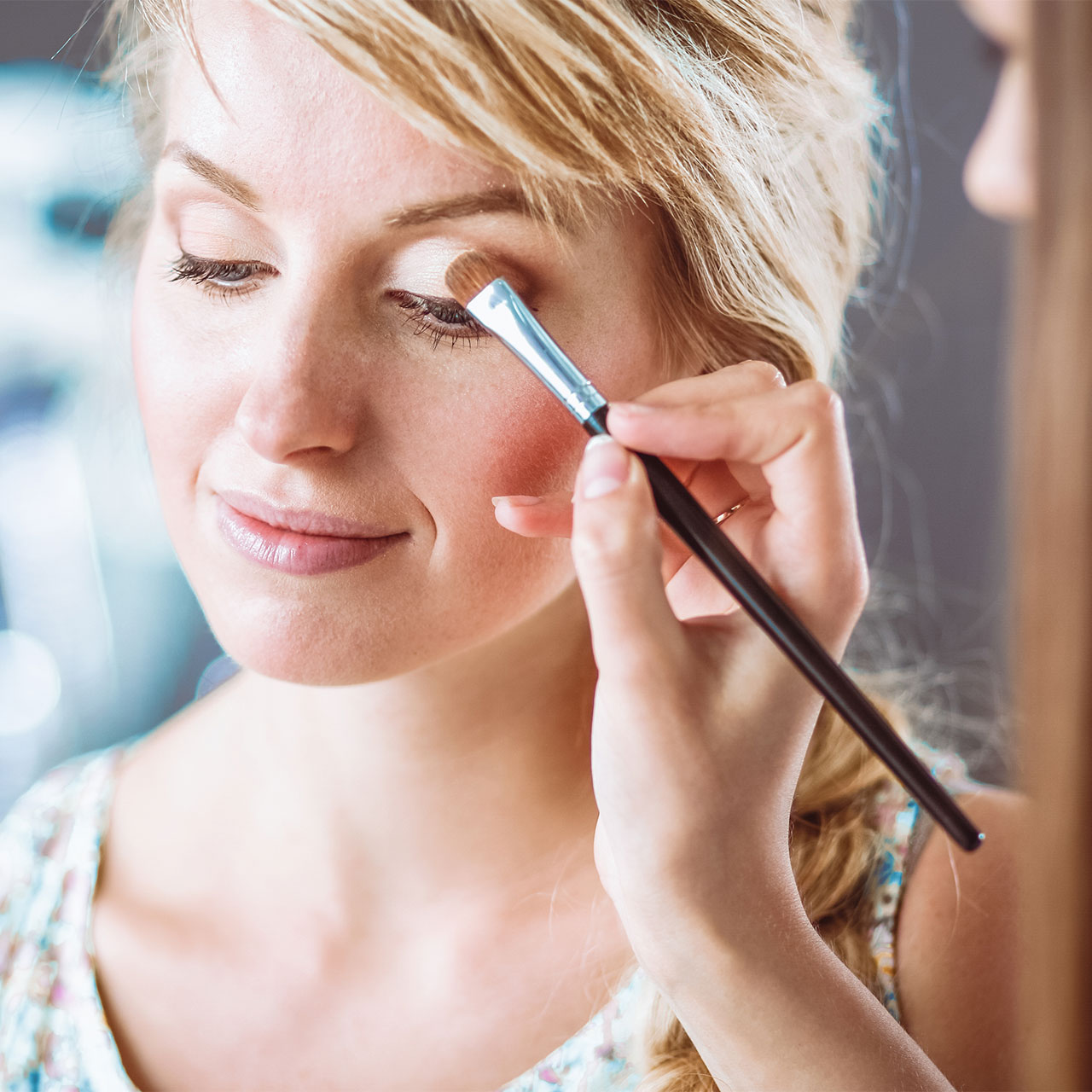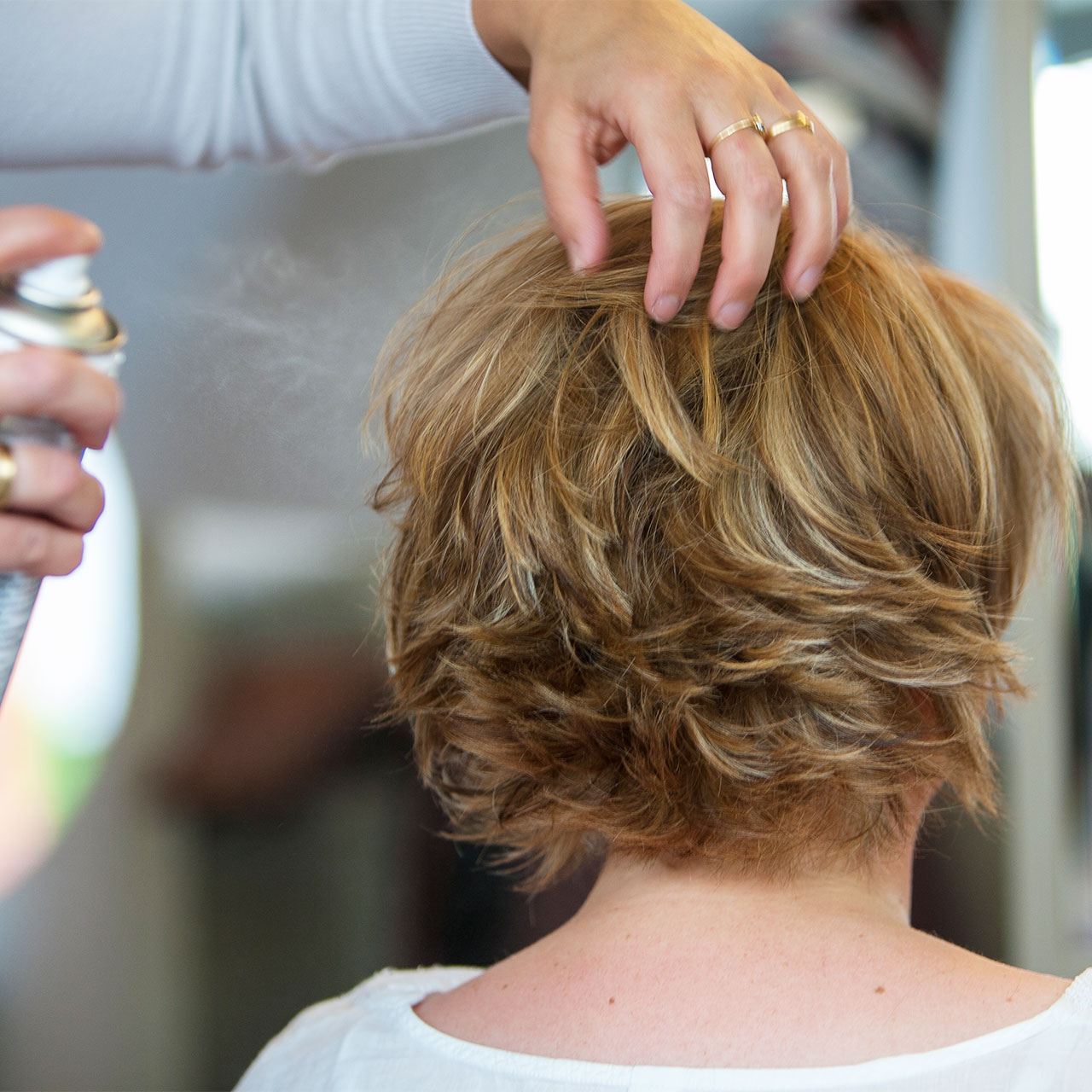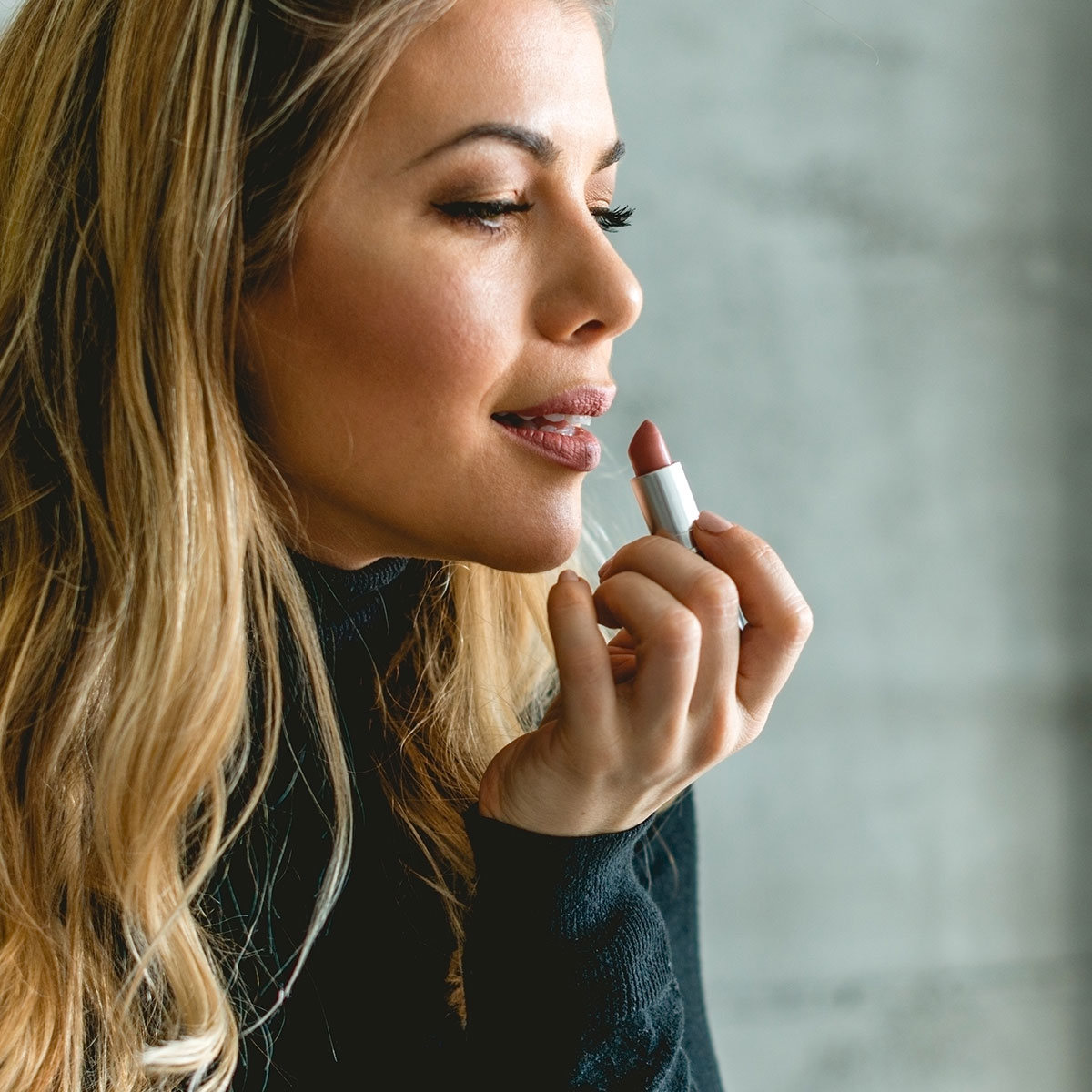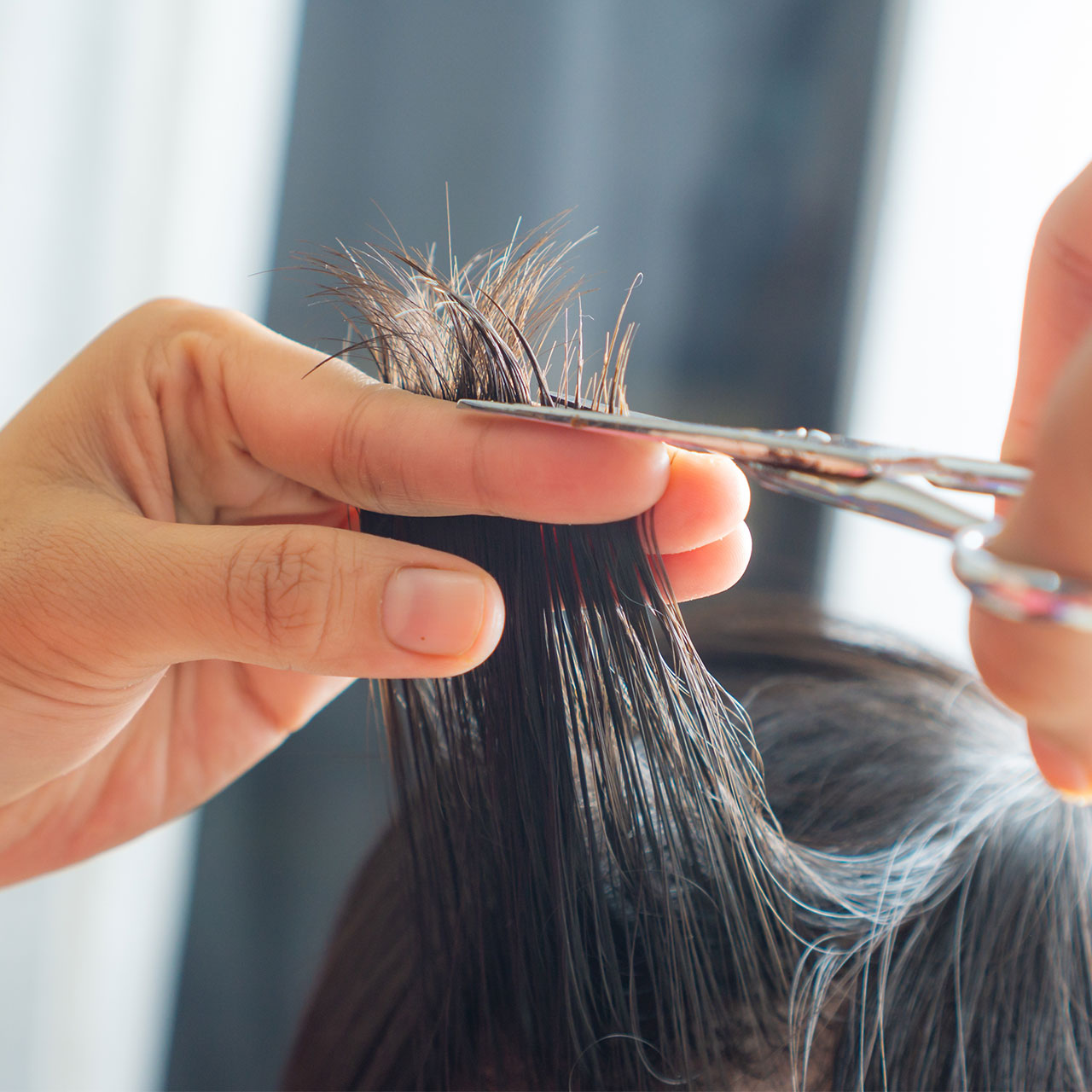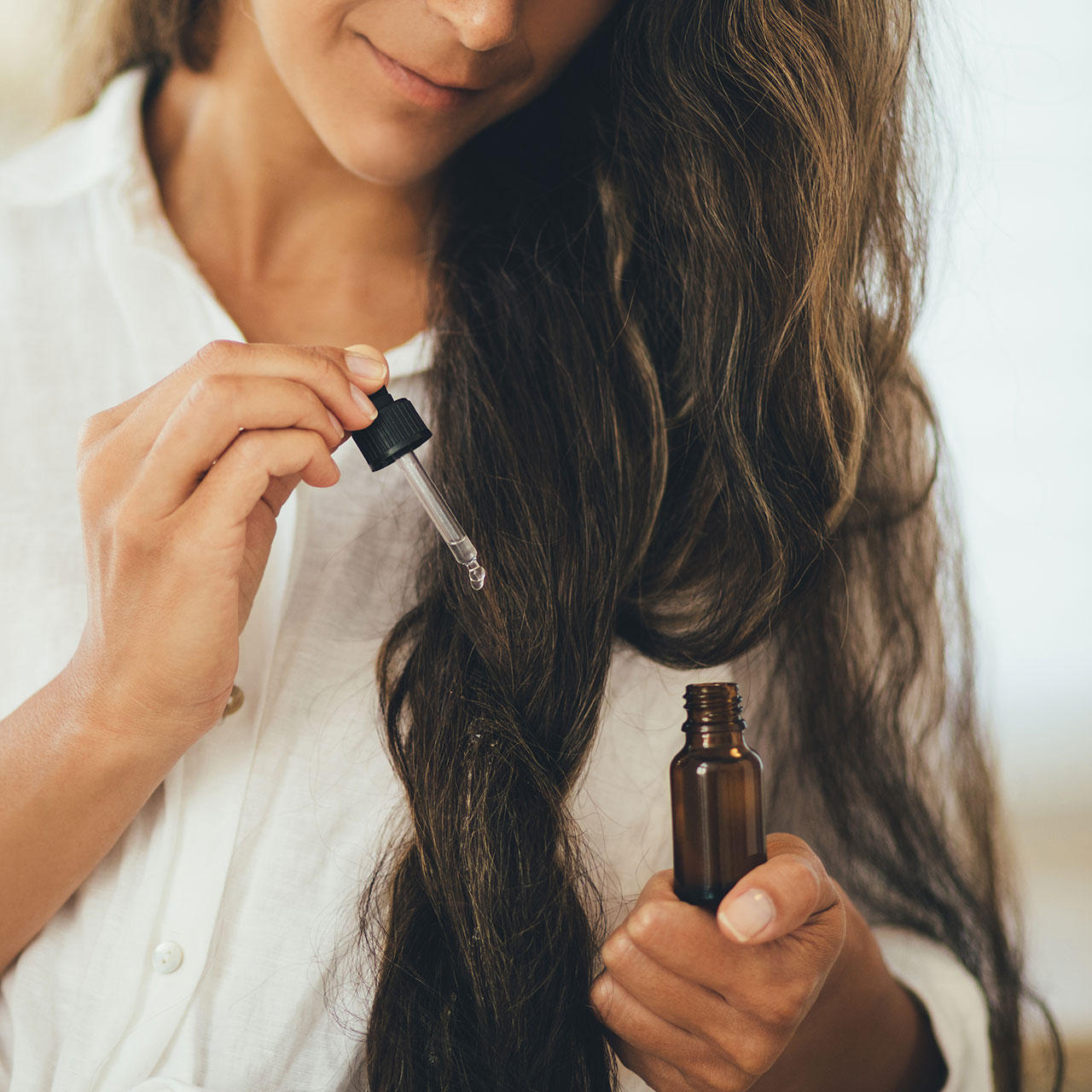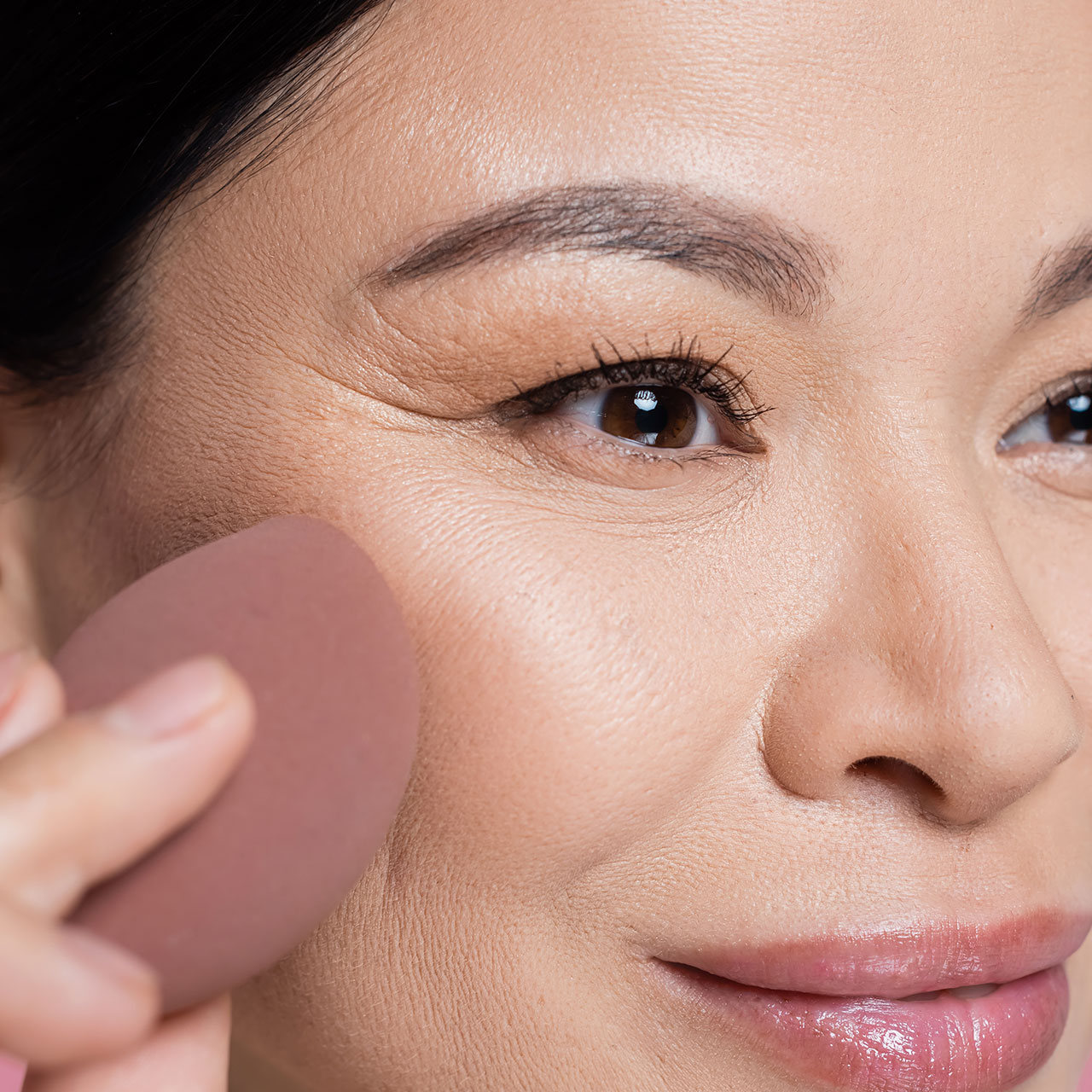This story has been updated since it was originally posted on 06/10/2022
If you’re shopping for skincare products, it’s always a good idea to read—and understand—the labels. More importantly, it’s necessary to do research beforehand. Know the ingredients of that item you’re planning to purchase, and identify whether or not it can address your skin concerns. Ask yourself: Is this particular ingredient beneficial for my skin type? Figuring out these details can make a big difference because it can help you determine if the product will be effective or not. After all, you don’t want to spend money on something that isn’t worth adding to your skincare routine anyway.
One ingredient that you probably always encounter is retinol. Chances are you see it all the time on the packaging of serums and creams. But have you ever wondered what exactly this ingredient does to your skin? We asked Dr. Elaine F. Kung, MD, of Future Bright Dermatology and Mina-Jacqueline Au, creator and founder of VivreSKIN Laboratories to find out. Keep reading to learn more.

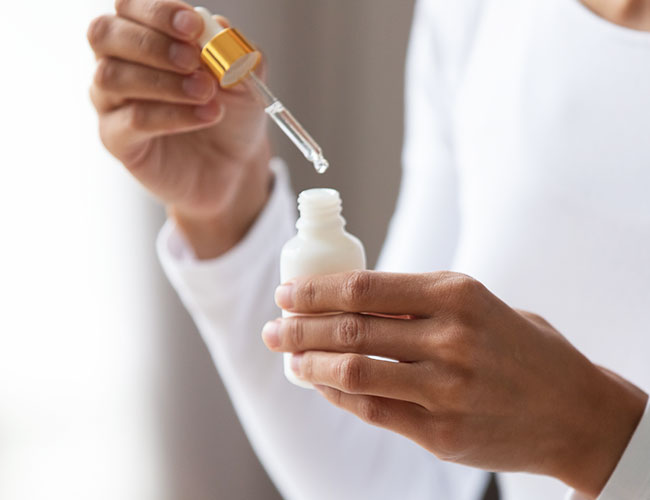
What is retinol and why is it important?
According to Dr. Kung, "Retinol products are over-the-counter anti-aging products derived from vitamin A. Retinols have been clinically demonstrated to be an important anti-aging ingredient. [They] have benefits of improving overall skin tone and skin elasticity while reducing transepidermal water loss."
Au sings the praises of this ingredient: "Retinol is the holy grail of skincare and should be used by almost everyone," she says. "Wrinkles, acne, pigmentation... there isn’t single bugbear retinol cannot fix. Retinol is as close to real life magic as you can get as it delivers both instant and long term reparative and transformative results." Wow! But how does this anti-aging miracle ingredient work, exactly?
"Retinol encourages cell regeneration as well as helps bind cells with moisture within the dermis, so the skin becomes plump," Au explains. "It also synthesizes collagen and elastin production, which is crucial for anti-aging. As collagen is replenished, old skin cells are shed, fine lines recede and skin begins to reveal a brighter, smoother texture." We need to get our hands on that ASAP!
So if you're looking for a product that can give your skin a fresh, youthful glow, check the label and look for the ingredient retinol. It might just be your best bet!

What You Need To Know About Using Retinol
Au says that if you're going to use retinol as part of your routine (and you should, if you want to stop signs of aging!) it will work best as a stand-alone step. She typically recommends starting with a retinol product twice a week, and then introducing titration to the mix around week 4 for the best results.
Dr. Kung has similar advice. She says that if you are trying a new retinol product, you should use "less than a pea-sized amount twice a week for two weeks." From there, she advises to "increase to three times a week for two weeks." During this time, make sure to observe your skin for any reactions.
"First-time retinol users have reported irritation, including redness, dryness, and peeling," Kung warns. "If you use too [much product] or apply retinol more frequently than you should, you may experience further irritation, like itchiness and scaly patches."
However, "if there is no irritation, then you can use the retinol product nightly," she tells us. In order to combat any initial irritation, Au suggests mixing your retinol with a pump of Vitamin-C moisturizer or hydrator.
Dr. Kung adds, "If you have sensitive skin, it's recommended to avoid using another product that can exfoliate the epidermis because it may increase the absorption of retinol in a way that your skin can't handle." Lastly, she suggests that you avoid a cleanser or a toner that contains AHA or BHA prior to applying retinol. Since AHA/BHA are acids, mixing it with retinol can lead to dry and irritated skin!
Au warns against mixing retinol with one more ingredient: Vitamin C. "When C and retinol are used together, the vitamin C will chemically deactivate retinol, making it ineffective," she says. "There should be no reason they are used together." To avoid this issue, use your Vitamin C products in the morning, and apply retinol at night.
As far as the best products to pair retinol with, Au says those containing niacinamide are great options. "Niacinamide helps hydrate the skin, which reduces the risk of irritation caused by retinol," she notes. Perfect!
Additionally, Au stresses the importance of medical grade products. "We treat the skin as an organ and retinol is a topical that will restore its health, so when it comes to speaking medicine, dosage and usage needs to be precise. Hence why I always only advise patients to use medical grade retinol," she says. "Medical grade brands does not mean they are extra potent or that they are medicated. It simply means the brand’s products are backed by studies and science to prove its efficacy and ingredient transparency." That means it's also best to stay away from drugstore brands. "In retail retinol, there is absolutely no way of knowing if they put in the percentage they claim," she warns.
At the end of the day, everyone's skin is different. However, if you struggle with acne or simply want to stop signs of aging and reveal clearer, brighter, smoother skin, retinol may be worth a try. Just make sure to follow the advice of Dr. Kung and Au, and you'll be on your way to a glowing, youthful complexion!









